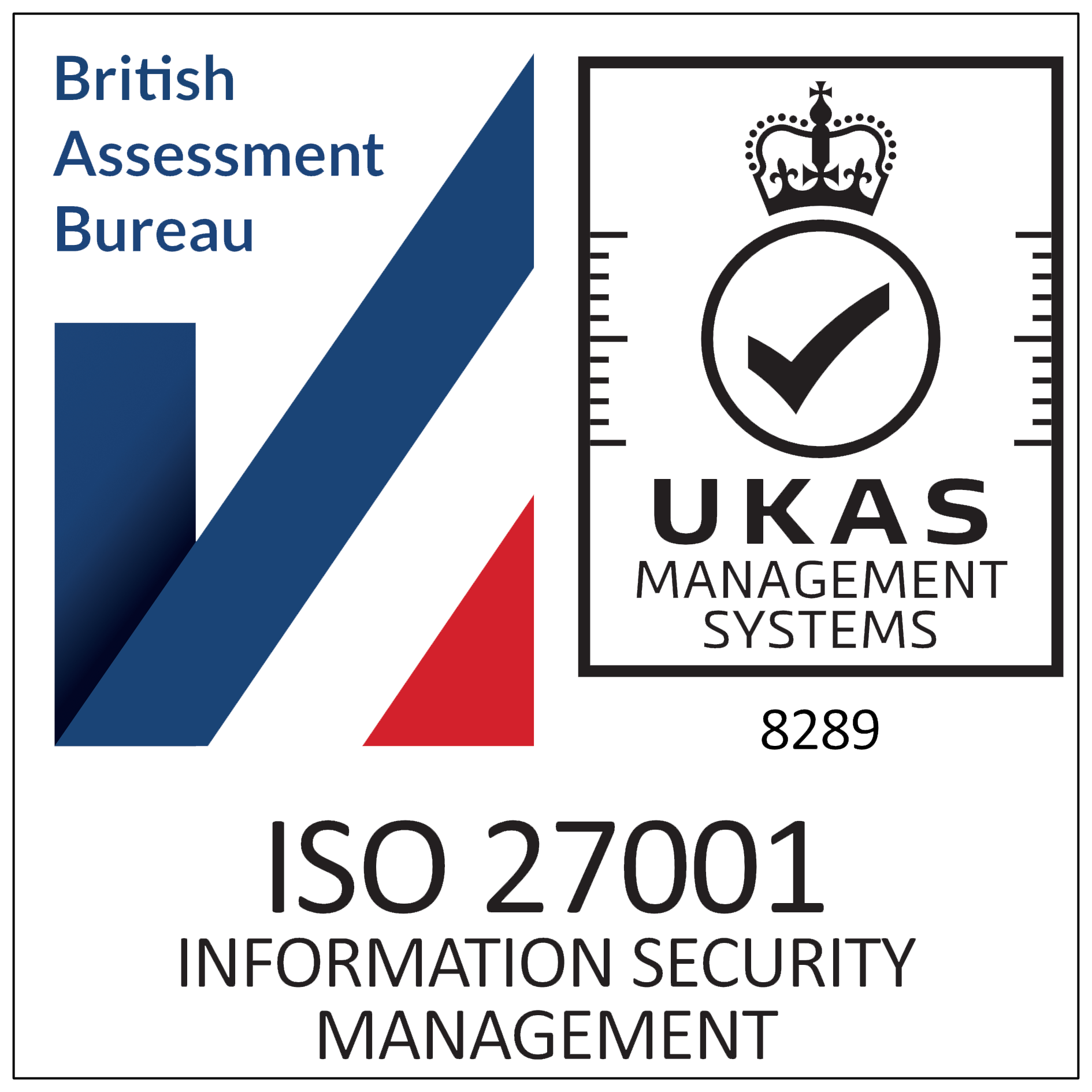Big names in adviser tech are making headlines again. Aberdeen, Intelliflo and ZeroKey recently announced a new partnership, aimed at streamlining adviser technology and tackling inefficiencies across the sector (Money Marketing). Add to that the Carlyle Group’s acquisition of Intelliflo (Carlyle release), and it feels like adviser tech is consolidating faster than some advice firms.
But behind the M&A noise, one theme keeps coming up in our conversations with advisers and paraplanners: data openness. Because the reality is that slick partnerships mean very little if the data still doesn’t flow properly.
Why advisers are frustrated with data
According to NextWealth’s Data Openness report, most advisers see inconsistent and poorly structured data as one of their biggest operational headaches. Platforms and providers all have their own formats, delivery methods, and quirks. For smaller firms it’s annoying. For consolidators it’s a nightmare.
Here’s what we’re hearing:
- Data doesn’t flow cleanly between CRMs, platforms and back-office systems.
- Transfers drag on because information is incomplete or locked in PDFs. (Platforms Association)
- Advisers spend hours rekeying – which means less time with clients, and more chance of errors.
One consolidator quoted in the research summed it up bluntly: “Clients would be horrified if they knew what a shambles it is from different providers.”
The drivers for change
So why might this finally shift? Four main forces are pushing providers to get serious about data quality and accessibility:
- Regulation & Consumer Duty – The FCA expects firms to prove ongoing suitability, not just tick boxes once a year. You can’t do that without reliable, consistent data.
- Client expectations – Life doesn’t happen on an annual review cycle. Clients want real-time updates, not a paper pack once a year.
- Private equity ownership – With investors like Carlyle putting significant capital behind platforms, the pressure is on to show scalable, data-driven infrastructure.
- AI – Whether it’s report drafting, admin automation, or client portals, AI is only as good as the data it ingests. Garbage in, garbage out.
Where the innovation is happening
Across the market, we’re seeing a wave of new solutions designed to cut down on wasted admin and smooth advice workflows.
- AI-driven Letters of Authority tools are reducing the chaos of provider packs, extracting structured data and cutting turnaround times.
- Client portals are giving households access to valuations, tools and resources in real time – but only if the underlying data is clean.
- AI meeting assistants are helping capture, transcribe and summarise client conversations, turning them into ready-to-use notes and draft suitability reports.
The common thread? All of them depend on clean, structured, open data.
No matter how smart the AI, if it’s working with half-finished fact-finds, locked PDFs, and missing product histories, it can’t deliver the outcomes advisers and clients expect.
Practical steps for advice firms
If you’re sitting in an ops or compliance seat at an advice firm, here are some practical questions to put on your agenda:
- Ask your platforms: What data standards do you support? Can you provide structured feeds rather than PDFs?
- Challenge delays: If transfer times are holding back client outcomes, escalate it. The Platforms Association is already putting pressure on providers – firms adding their voice will speed things up.
- Audit your own systems: Are your back-office and CRM actually set up to receive and store structured data? Or are you still relying on manual workarounds?
- Think beyond today: If you’re experimenting with AI (drafting reports, summarising calls, or using portals), remember: the investment only pays off if the underlying data is trustworthy.
Why this matters for advice culture
This isn’t just about efficiency. It’s about trust.
We’ve argued in our Advice Integrity white papers that retrospective file checking is a broken model. Real-time, evidenced advice is the only way to satisfy the FCA, reassure insurers, and build public confidence. Data openness is the bedrock of that shift.
If advisers can’t rely on their data, they can’t prove their advice integrity. And if clients can’t get clear, consistent information, they won’t trust the advice profession to deliver.
The takeaway
Tech partnerships, private equity deals, and shiny AI demos will keep making headlines. But the firms that win in the next five years will be the ones that get their data house in order – demanding openness from providers, aligning systems internally, and using that foundation to power real-time suitability and client confidence.
If this resonates with what you’re seeing in your own firm, we’d love to hear from you.



